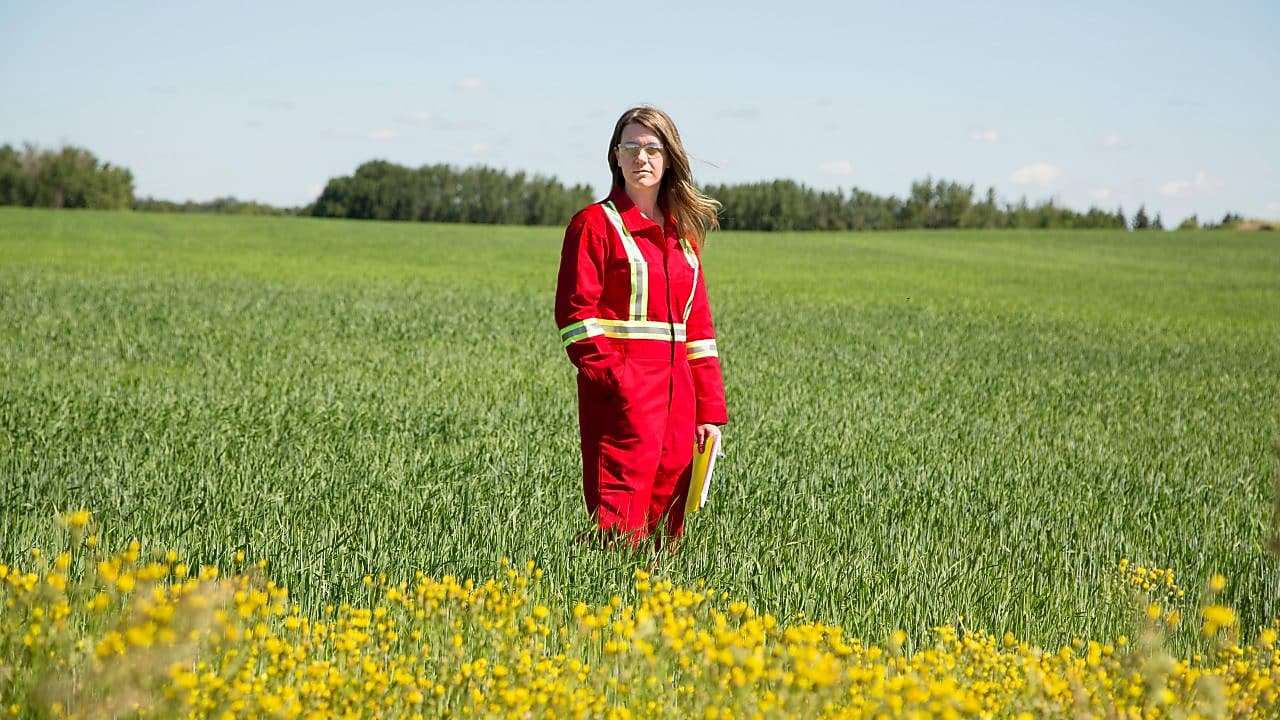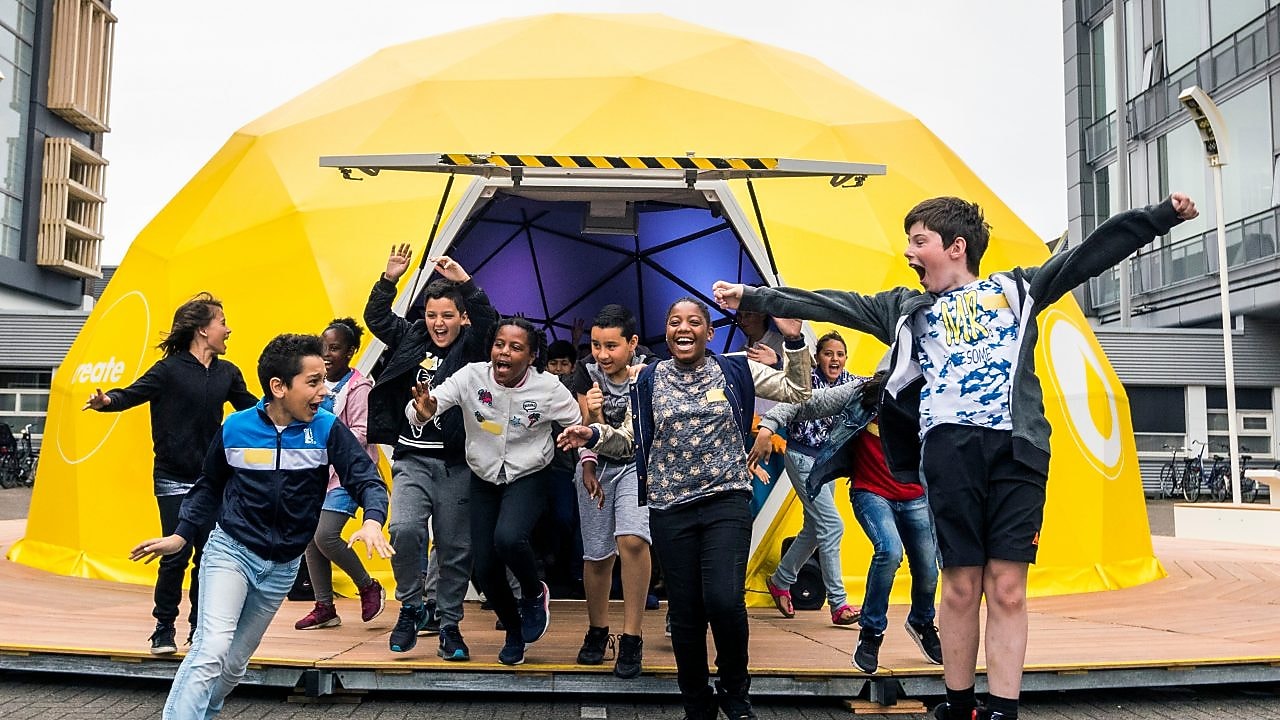
Sustainability
Sustainability at Shell is about delivering energy in a responsible way to meet the world’s growing needs.

Online Sustainability Report
Visit our latest report online in English and build your own PDF version with the topics that matter most to you.
View the online Sustainability Report

